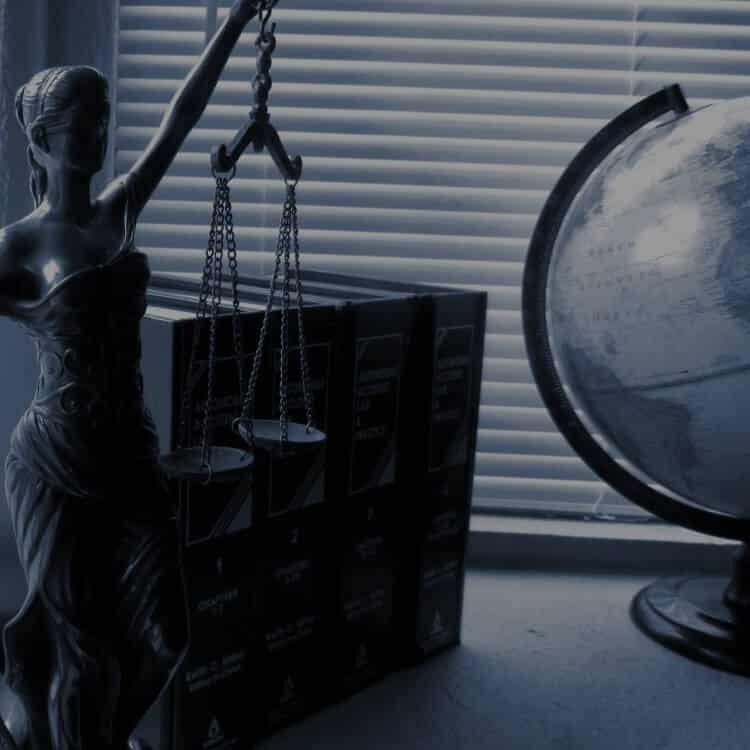Sydney-based consultant, working in investments, and formerly Legal Tech Intern at Lawpath.
The Defamation Act lists out the requirements for defamation within New South Wales. While it protects an individual’s reputation against false and malicious statements, there are some cases where you cannot sue a publisher for defamation.
1. Against deceased persons
Section 10 of the Defamation Act prohibits any proceedings regarding defamation against a deceased person.
If someone publishes a defamatory statement and the subject of the statement:
- Has died before the article is published,
- Has died since the publication of the matter,
A person (including a relative or a representative of the deceased), cannot sue the publisher for defamation.
For example, If a newspaper publishes a defamatory article about a businessman, and the businessman dies before the case goes to the court, the businessman’s relatives or legal team cannot sue the newspaper publisher.
2. For multiple defamatory articles
You can only bring a single legal action for multiple defamatory publications if they are about the same matter. For example, when a magazine publishes multiple articles accusing a government official of receiving $100,000 as a bribe from a contractor. The government official cannot sue the magazine separately for each article.
3. If the defamed party is a corporation
Most companies are prohibited from initiating legal proceedings for defamation. If you own a company that is not an ‘excluded company’, i.e. it is NOT:
- A not-for-profit company
- A company that employs fewer than 10 people (including part-time staff) and is not a subsidiary of another company
Your company cannot sue the publisher of a defamatory article. However, if the article also defames you individually, you can sue the publisher. Thus, you cannot bring an action against a statement falsely accusing your company of a breach of contract if it is not an excluded company. However, if the statement also specifically mentions you or another employee of the company, then you can personally sue the maker of the statement for defamation.
4. If there was a protection of Public image
In case of public figures, it might be beneficial to let a false story die, than to pursue a legal action against it. While a false story dies over a few days or weeks, court proceedings can last months and years. Additionally, media outlets that might not report on the original story for fear of a defamation lawsuit, can freely publish the matter as a part of court proceedings and filings. Subsequently sometimes it might be wiser for public figures to simply allow the false story to die out, rather than sue the maker.
5. Over public Documents
It is important to consider that several public documents enjoy an immunity from defamation lawsuits. As mentioned above, Court records are two of them. Other documents such as statements made to the police in their investigation; statements made in parliamentary proceedings; and any other government document available to the public for inspection, are all exempt from defamation suits.
For example when someone makes a statement to the police that you committed a certain crime. Despite the statement being false and the and malicious, you cannot sue them.
6. If the publication was substantially true
The costs of bringing a defamation action can be high, whether you win or not. Therefore, it is a good idea to familiarise yourself with the entire process. Once the charges of defamation are proved, the publisher needs to provide a defence for their statement.
If the provider can successfully prove that there is an element of substantial truth in their statement, they can dispense any liability, and the defamed party may end up paying some of their legal fee too. You should therefore discuss your case with a defamation lawyer before taking any legal actions for defamation against a party.
Not sure where to start? Contact a LawPath consultant on 1800 529 728 to learn more about customising legal documents and obtaining a fixed-fee quote from Australia’s largest Legal Marketplace.






